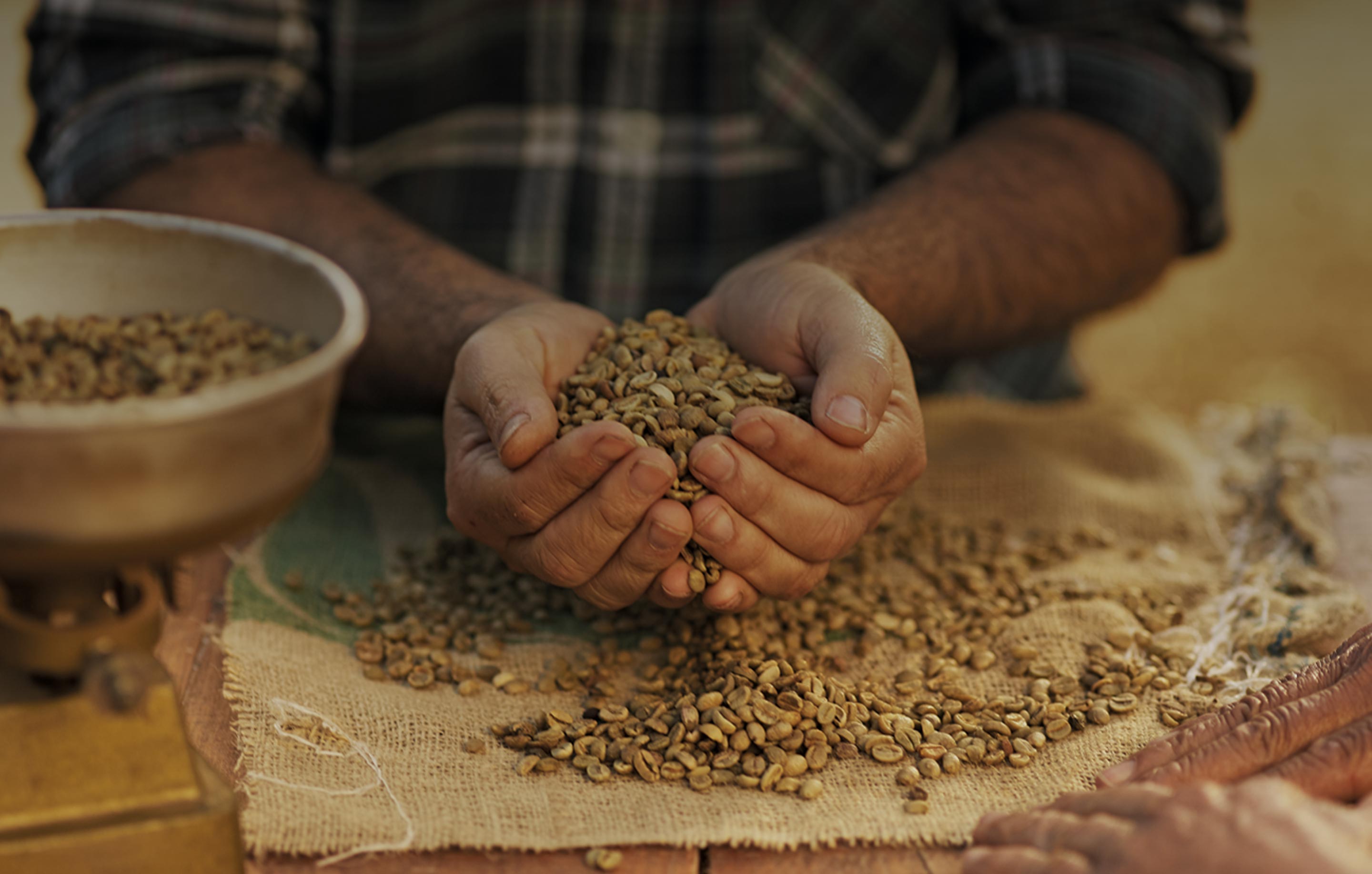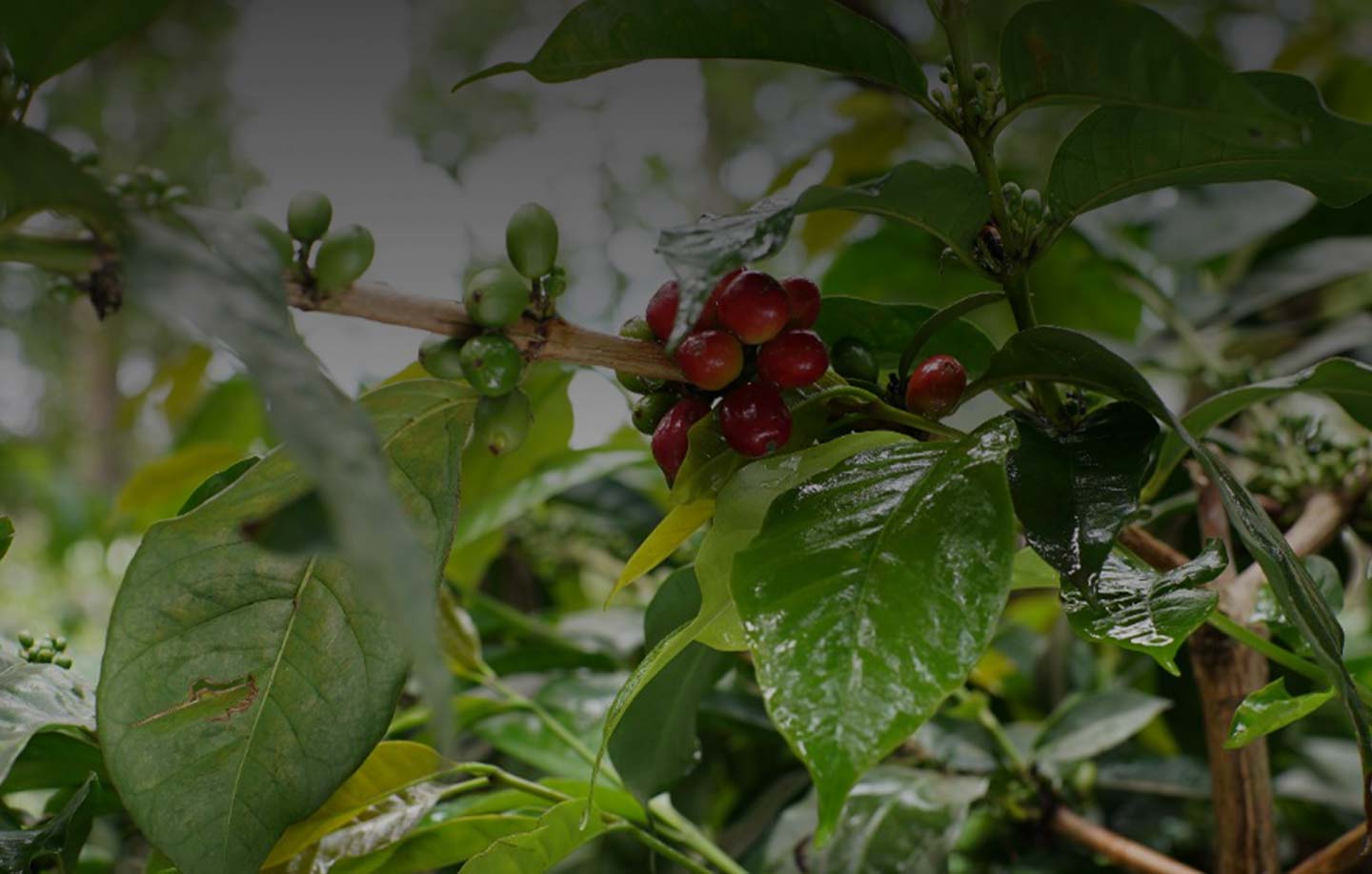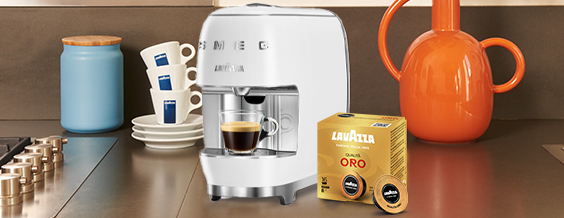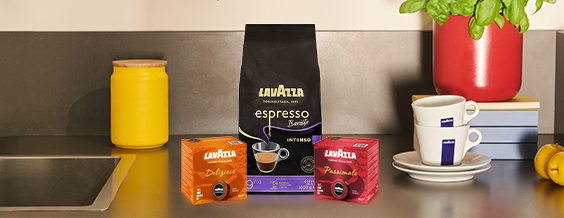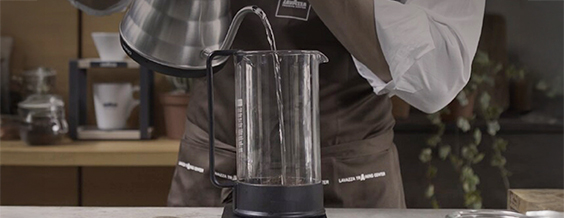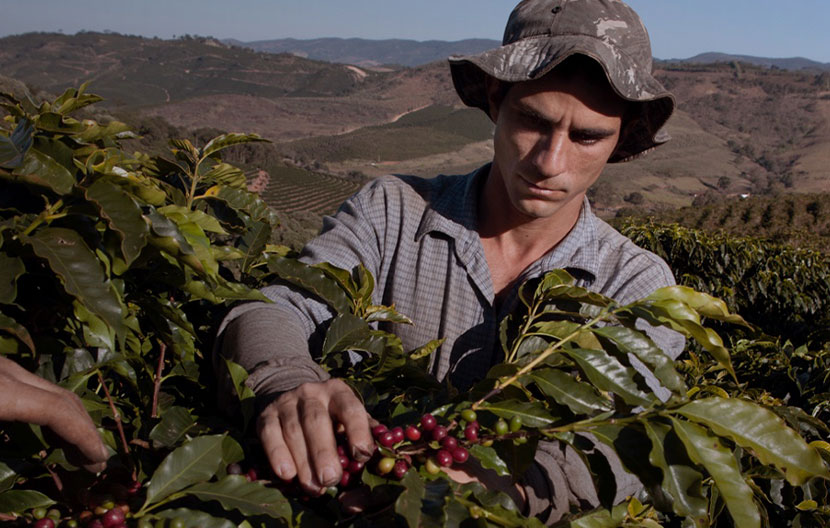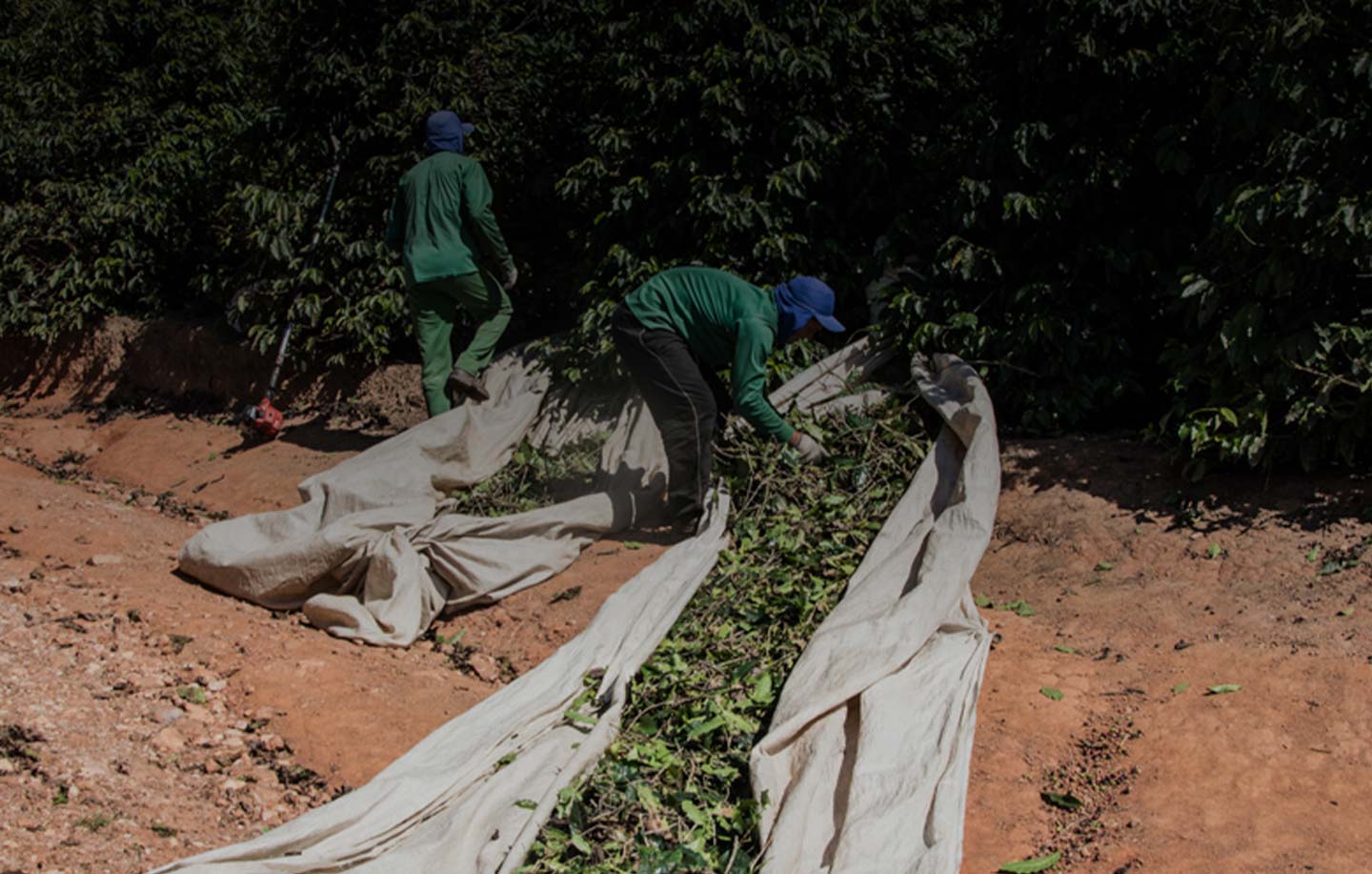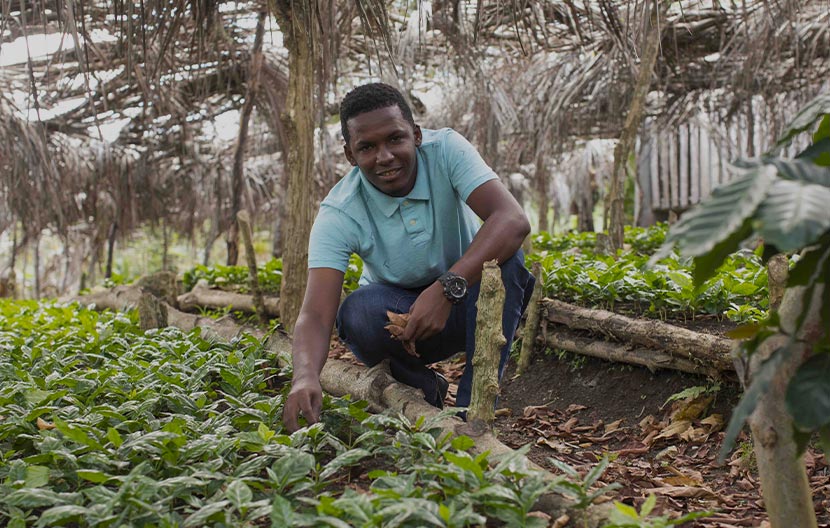*Lavazza is not affiliated with, endorsed or sponsored by Nespresso
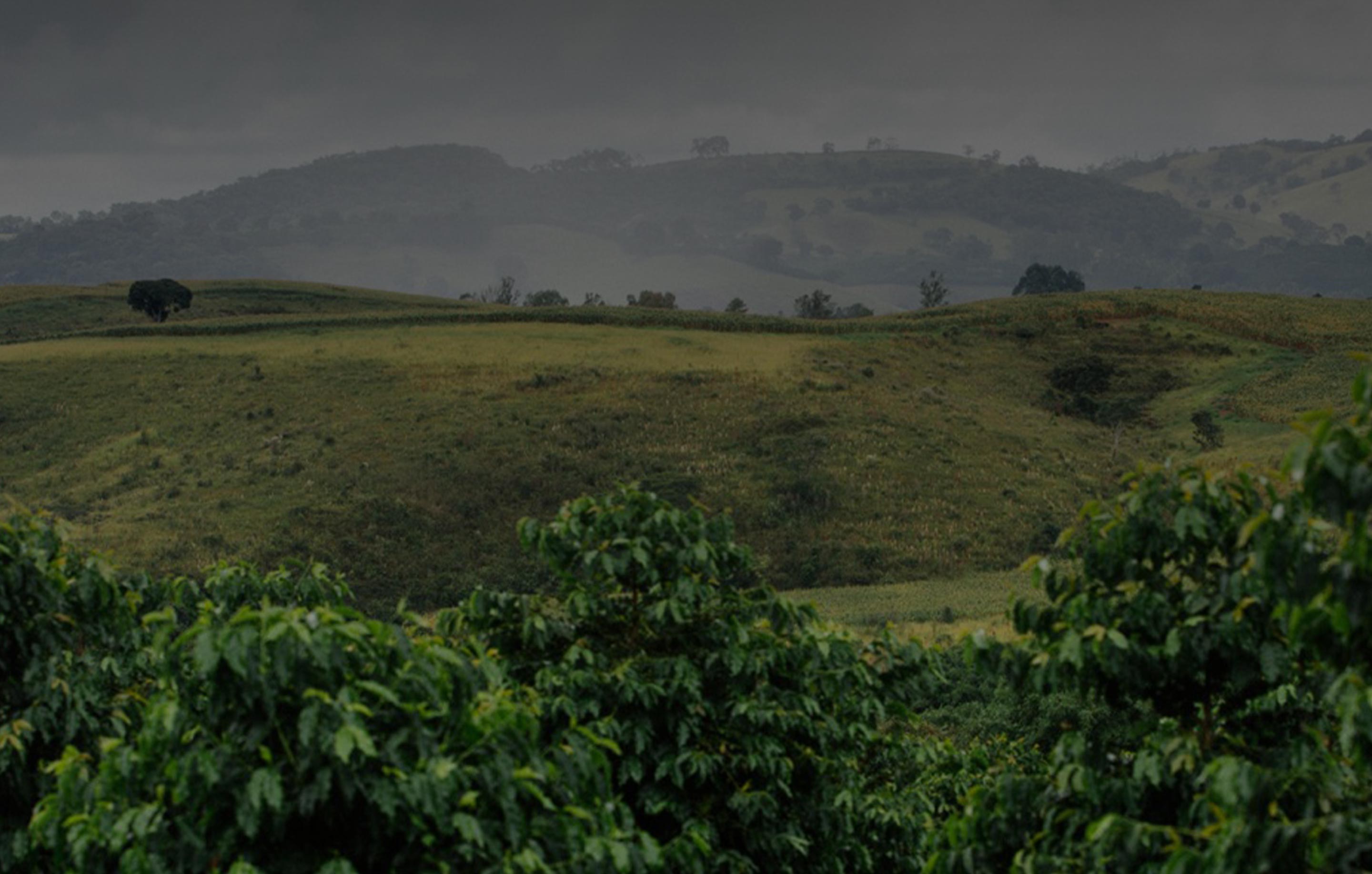
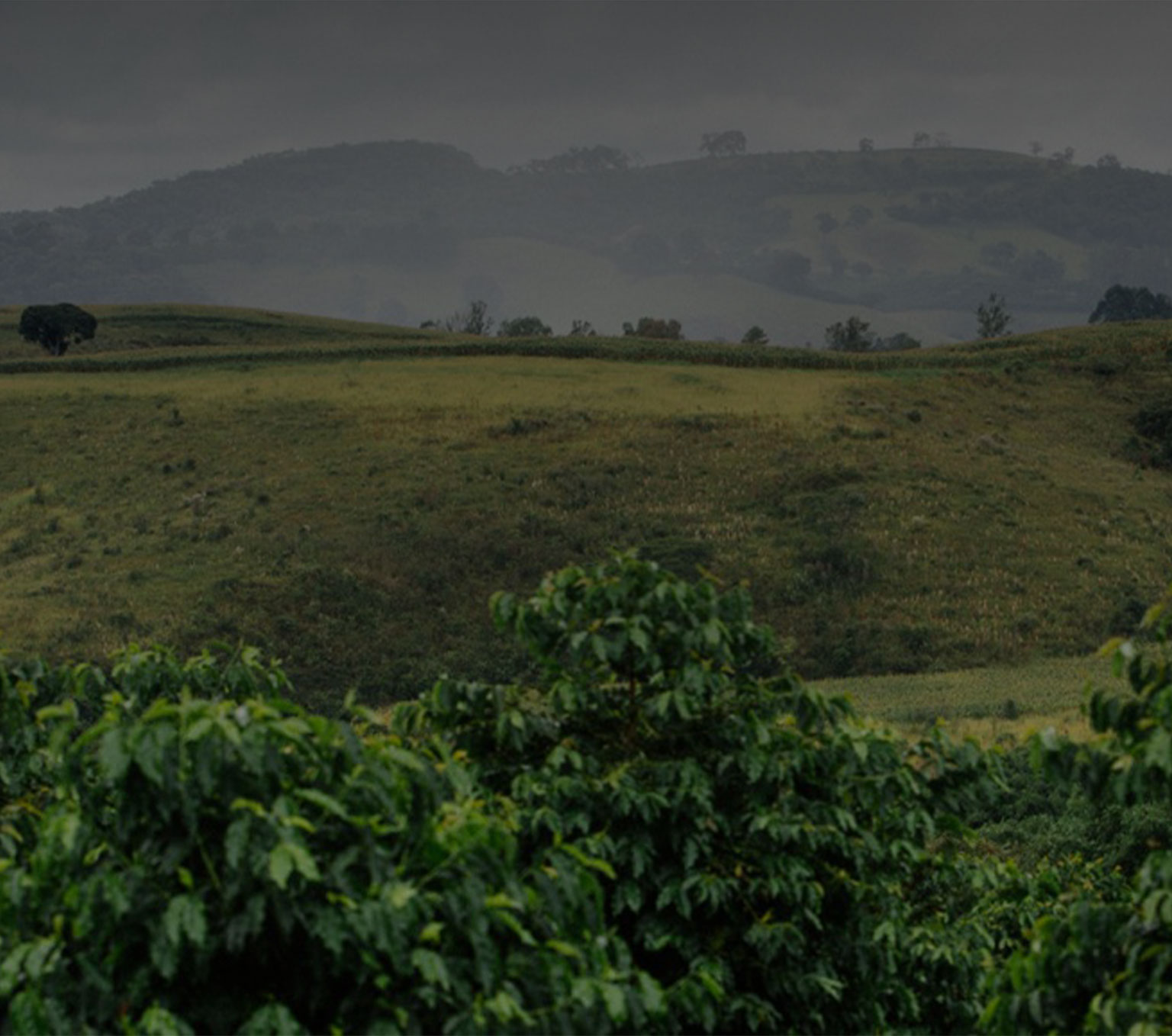
Coffee and Sustainability: Lavazza's commitment for the environment
The Impact of Coffee Production on the environment and Lavazza’s circular economy
By recognising Coffee production can have an impact on the environment, our Group developed a sustainability strategy based on four, integrated key concepts: climate protection, responsible use of resources, sustainable by design and environmental sustainability at the source.
The Lavazza Group aims to contribute to the fight against climate change, reducing the environmental impact generated along its entire value chain, thanks to the Company's Roadmap to Zero launched in 2020: a constantly updated strategy that prioritises a progressive reduction of emissions and subsequent offsetting of unavoidable emissions.
Lavazza’s environmental commitment also implemented sustainable development projects supporting coffee growers in adopting agricultural techniques aimed at effectively respond to the effects of climate change and promoting good practices for the conservation of high nature value areas.
The commitment in favour of biodiversity and against deforestation
Lavazza understood that coffee production activities are directly linked to the biodiversity of ecosystems in the producing countries and that this is particularly at risk, given coffee’s major exposure to the effects of climate change and the extensive marketing of few of its varieties. For these reasons, the close collaboration between the Group, the Lavazza Foundation, local growers and the main coffee traders is an essential element for preserving the wide biodiversity of the ecosystems of the producing countries and for fighting against deforestation.
Both as a company and through the Foundation, we support and develop reforestation strategies in the coffee-growing areas. The approach is based on collaborations and prestigious partnerships with in-field local NGOs and associations and local and international institutions, through the implementation of programmes for sustainable development and international cooperation within the coffee supply chain.
In 2021, Lavazza Group joined the New York Declaration on Forests (NYDF), a platform that offers a common framework for forest action, consolidating various initiatives and objectives that drive forest protection, restoration and sustainable use.
Lavazza is also participating in the Deforestation-Free coffee project by the UNDP, that has led Ecuador to have its first production of high quality and sustainable coffee, both from an environmental and a social point of view, coming from 23 provinces bordering the Amazon rainforest.
This programme ultimately helped create the first national certification protocol for a deforestation-free coffee in Ecuador as well as the production of the country's firstbatches of deforestation-free coffee.
The Coffee Waste Management
The environmental impact is also generated through the production and treatment of industrial waste deriving from manufacturing activities, which, based on circular economy principles, are carefully monitored and managed.
During the production cycle, coffee waste and other types of waste are generated and then stored adequately in dedicated areas, where they are collected to be reused by third parties. The main waste produced comes from products’ packaging, from compostable material generated during production and from Electrical and Electronic Equipment waste.
As of today, 89.2% of the total waste is recovered or recycled, while the remaining 10.8% is mainly destined for disposal, energy recovery or other disposal operations, such as the purification of washing water.
Furthermore, 97% of the vegetable waste deriving from the coffee processing at the Italian plants, which in 2022 accounted for 85% of the production of the Group's volumes, is transferred to a company that produces organic fertilizer.
The plan for improving coffee machines impact
The ongoing activities aimed at reducing the environmental impact of Lavazza also involve coffee machine design.
In this regard, the approach adopted is intended to use the lowest possible quantity of natural resources, while marketing coffee machines featuring high energy-efficiency indices. None of the machines of the Group's various product families has an energy class lower than A. In addition, 28% of the total number of machines are class A+.
In 2022, a new goal was reached: Tiny Eco was launched on the market, the first espresso machine for the Lavazza A Modo Mio capsule system made up to 61% with recycled plastic, provided with 100% recycled cardboard packaging and low energy consumption. Tiny Eco, which allows a reduction in emissions of up to 20% compared to previous machines, is expected to replace the reference machine range.
